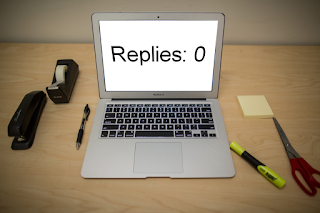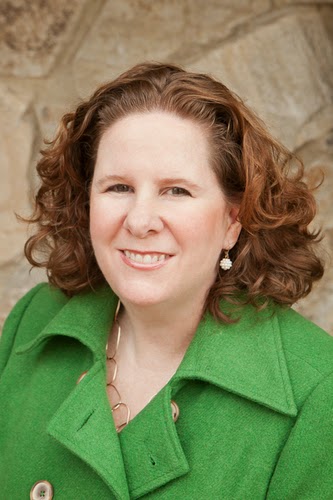A: Stop what you are doing. It’s not working, but you knew that. The days of sending out hundreds of hard copies of resumes along with cover letters are over. It is not an efficient way to use your time.
Instead, focus on building your network. You already share one very important piece of information. “I have only heard back from one person and that was a former colleague who saw my resume and knew me.” This sentence says it all.
A strong professional network is a powerful job hunting tool. Yes, candidates still get jobs through sending hard copies of their resume, responding to job postings and through placement firms. However, your professional network is probably the most critical piece of the job hunter’s tool kit. Most employees still hear of job leads through a professional contact. LinkedIn is a great way to continue to build your network. However, it does not replace face-to-face networking.
I still have the goal of adding three plus new connections every week on LinkedIn. I have about 4700 connections on LinkedIn and I continue to build my network.
How do you network face-to-face? You can used LinkedIn and ask to meet contacts for coffee or lunch. You can attend networking groups. There is a very active group in Acton (www.actonnetworkers.org) and also a sister group in Hopkinton. There are Meetup groups all over (www.meetup.com) and you can find groups with common career interests. On March 16, 2017, I am speaking at the Career Center of Lowell, Networkers event at 9:00am (www.cclowell.org).
Think about the time you have devoted to your job hunt. Now think about the time you have spent behind your PC vs. meeting contacts face-to-face. I challenge you to limit your PC work to 25% of your time and then face-to-face networking should be about 70 to 75% of your time.
Good luck in your search! Congrats to our NE Patriots!
Pattie Hunt Sinacole is a human resources expert and works for First Beacon Group in Hopkinton, an HR consulting firm. She contributes weekly to Boston.com Jobs and the Boston Sunday Globe Money & Careers section.














